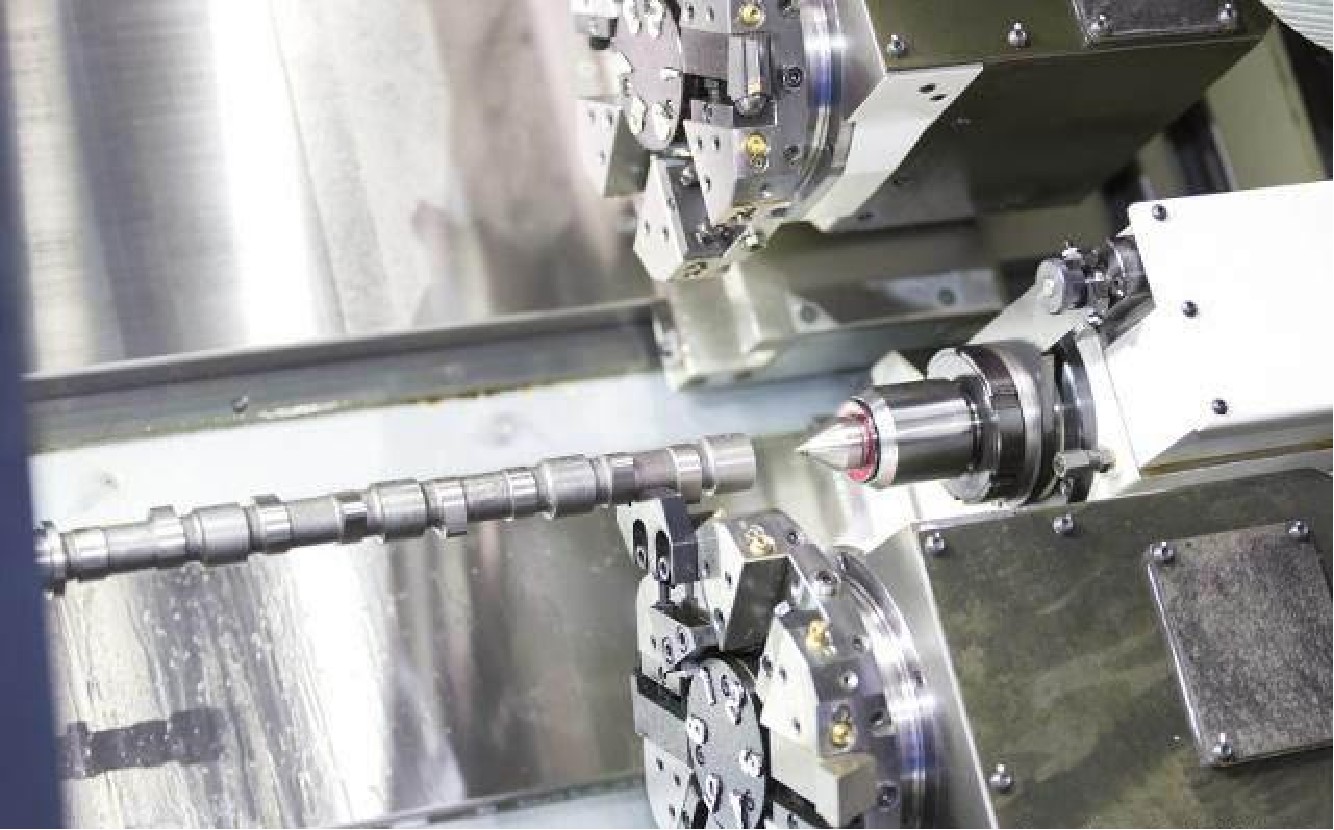The Development and Future of China’s Machinery Industry in the Era of Automation
China’s machinery industry plays a vital role in national economic growth and modernization. While automation and intelligent manufacturing are progressing rapidly, the industry still faces challenges such as technological gaps, limited innovation, and structural inefficiencies. This article explores China's industrial automation trends, development history, and future path toward Industry 4.0.
The machinery industry is a pillar of national economic development. It provides core equipment for a wide range of sectors and is deeply connected to the modernization and transformation of the economy. As China progresses toward becoming a global manufacturing power, machinery automation has become a key driver of industrial upgrade and innovation.

Policy Background: “Made in China 2025” and Strategic Goals
The “Made in China 2025” initiative outlines a national strategy focused on:
-
Innovation-driven development
-
Quality-first manufacturing
-
Green and sustainable practices
-
Structural optimization
-
Talent-centric growth
To achieve the goal of becoming a world-class manufacturing powerhouse, China’s machinery sector must adopt advanced automation technologies and shift toward intelligent, integrated, and eco-friendly production.

The Development Gap: From Manufacturing Giant to Technology Leader
China's machinery manufacturing has made significant progress, especially after the reform and opening-up period. However, compared with developed economies, China still lags behind in several key areas:
-
Lack of core technologies: Many high-end technologies are still dependent on foreign companies.
-
Weak innovation capabilities: A shortage of skilled professionals and independent R&D efforts hampers growth.
-
Late industrialization: China's machinery industry started nearly a century after nations like the U.S., resulting in a slower catch-up pace.
Despite having the world’s largest manufacturing base, China still struggles to achieve technological self-reliance and innovation leadership.

Current Landscape of Mechanical Automation
With increasing demand for efficiency, automation in machinery has become a necessity rather than a luxury. Today’s automated equipment delivers multifunctionality, precision, and energy efficiency. Key advantages include:
1. Time-Saving and Labor Reduction
Modern automated systems can run pre-programmed tasks without constant human supervision. They include safety features like self-diagnostics and alarms, improving safety and operational uptime.
2. Material Efficiency
Automated machinery offers higher accuracy than manual processes. For instance, combination weighers like those from Guangdong Kenwei achieve weighing accuracies as precise as 0.1–0.5g, minimizing raw material waste and improving production yield.
3. Ease of Maintenance
Many modern machines feature modular designs, allowing for easier disassembly and maintenance. For example, combination weighers are designed for fast part replacement and minimal downtime.
Food Packaging Machinery: A Rising Focus
Within the machinery sector, food packaging automation is gaining traction due to increasing awareness of food safety. Combination weighers are core components in this space. Global leaders like Ishida and Yamato have long dominated the market, but domestic players like Guangdong Kenwei have made significant technical strides.
Kenwei, in particular, has:
-
Developed innovative features
-
Extended product shelf life up to 2 years
-
Achieved global competitiveness in technology and production scale
Future Development Trends
To keep pace with global industrial evolution, China's machinery industry is shifting toward:
1. Intelligent Manufacturing
Integration of AI, IoT, and big data allows machines to make decisions, predict failures, and adapt to changing conditions.
2. Integrated Systems
Modern manufacturing systems use computer-integrated technology that merges engineering design, production, quality control, and management into a unified digital workflow.
3. Eco-Friendly Solutions
As environmental awareness grows, machinery is increasingly designed to reduce emissions, save energy, and support green manufacturing practices.
Conclusion: Embracing Industry 4.0
China's machinery industry is undergoing a critical transformation. While challenges persist, the integration of automation, intelligence, and eco-conscious design is paving the way toward a stronger, more sustainable future. As China continues its push toward Industry 4.0, high-tech innovation and smart manufacturing will define the next chapter of its industrial success.





About Solution suggestions
Can Kenwei solutions be adapted for different product packaging types?
Yes, Kenwei solutions can handle a variety of packaging types, including bags, boxes, pouches, and bottles. We can customize machines to suit your packaging format, ensuring compatibility with your packaging equipment.
How can Kenwei solutions help reduce waste in my production process?
Kenwei solutions improve accuracy in weighing, packaging, and quality control, reducing the chances of overfill or underfill. This leads to less product waste and higher operational efficiency.
Can Kenwei solutions be used for both manual and automated packing lines?
Yes, Kenwei machines can be used in both manual and automated packing lines. We can provide integrated systems that work alongside manual labor or fully automated systems depending on your production requirements.
About Logistics
How are large machines handled during shipping?
Large machines are typically shipped via sea freight using containerized shipping.
About After Sales Support
Can I get remote troubleshooting assistance?
Yes, Kenwei offers remote troubleshooting for certain issues. Our technical team can guide you through diagnostics and help resolve issues via phone, video call, or online messaging.

This type of weigher is designed to handle the unique characteristics of pickles, ensuring precise measurements for packaging and distribution. It uses a vertical single screw mechanism to feed the pickles into the weighing system, allowing for efficient and consistent weighing. This technology is particularly useful in food processing and packaging facilities where precise portioning is essential for quality control and customer satisfaction. This specialized equipment is perfect for accurately measuring and dispensing pickles in a production line or packaging facility. The vertical design allows for efficient and precise filling of containers, while the single screw feeding mechanism ensures consistent and reliable weighing.

The system consists of a vibrating feeder, a Z-type conveyor, a 14-head combination scale, a material diverter, an automatic cup drop device, a cup mold conveyor, a capping machine and a finished product conveying device. It has high-precision filling capabilities and is suitable for a variety of mold cup combinations. It can realize fully automatic operations of feeding, weighing, filling, bag making, printing and finished product output, and is suitable for a wide range of materials with high production efficiency.


The standard no-spring combination scale features a patented spring-free hopper design, making it ideal for weighing a variety of products such as melon seeds, peanuts, nuts, almonds, grapes, candies, pistachios, potato chips, shrimp chips, and more. The double-support feeding tray is easily adjustable, while the feeding hopper is designed for easy disassembly, ensuring convenience and cleanliness. With a maximum weighing speed of up to 120 bags per minute, the 14-head standard no-spring combination scale is an economical, versatile, and cost-effective solution.
Contact Kenwei
Our company is located in areas with convenient transportation and developed economy. Our products are supplied in a timely manner. In the course of business operation, we always focus on customers.Have any questions or concerns about our products? Please leave us a message here, and our team will get back to you promptly.

Kenwei
Kenwei
Kenwei multi weigh
Kenwei
Kenwei
Kenwei